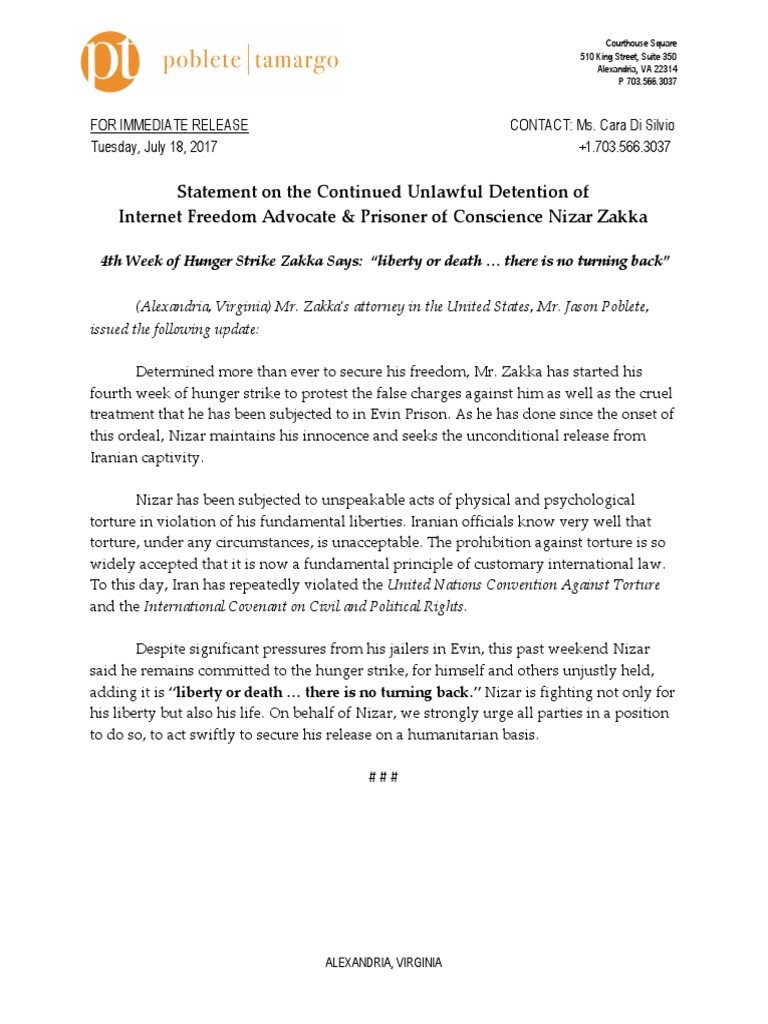The Bahá’í teachings emphasize the significance of principles such as unity, justice, and the profound potential of love to transcend adversity. One remarkable illustration of these teachings is found in the poignant correspondence of a prisoner of conscience, who writes to his son from within the confines of an Iranian prison. These letters not only provide personal narratives of perseverance and resilience but also expose the broader implications of the Bahá’í Faith in contexts marked by persecution and relentless challenges.
Central to understanding this correspondence is the concept of a “prisoner of conscience,” which refers to individuals detained for their beliefs or expressions, devoid of any violent wrongdoing. The letters depict the author’s indomitable spirit as he communicates not just the backdrop of his current circumstances but elucidates the imperative of maintaining hope, even in the bleakest of situations. This becomes a powerful testament not only to the personal struggles endured but also serves as an emblem of the broader Bahá’í tenet—the belief in progressive revelation and the pursuit of justice.
Readers can expect various dimensions of content from these letters, each resonating with underlying philosophical principles that the Bahá’í Faith cherishes. As one delves deeper, the themes emerge distinctly, reflecting the aspirations and tribulations of the author.
Firstly, the letters encapsulate themes of **perseverance** amid adversity. The author’s reflections are soaked in a palpable resilience. They portray his commitment to Bahá’í ideals, illuminating how spiritual teachings underpin his response to persecution. For instance, references to steadfastness evoke the notion that enduring hardship is a means to fortify one’s character—a principle echoed in the writings of Bahá’u’lláh, the founder of the Bahá’í Faith.
Secondly, the letters convey the essence of **family and love**. Addressing his son provides the author with an opportunity to express profound affections and wise counsel. The emotional undercurrents are strikingly vivid, as he encourages his son to uphold the virtues instilled in him, ensuring that love remains an unwavering pillar—even amid rupture and separation. This intimate connection reinforces the Bahá’í value placed on family unity and the joy derived from nurturing relationships, even when physically apart.
Moreover, readers may find an exploration of the concept of **justice** intricately woven throughout the letters. The author’s reflections on social equity are both poignant and illustrative. He underscores the importance of advocating for universal rights and the need to confront injustice with love and wisdom—hallmarks of Bahá’í teachings. This emphasis aligns with the Faith’s assertion that justice is the bedrock of civilization. Thus, while his letters recount personal tribulations, they simultaneously advocate for broader socio-political amelioration.
In addition to these themes, the letters serve as an articulation of the **sacrificial love inherent in the Bahá’í Faith**. The author elucidates the concept of martyrdom not as an end but as a transformative journey toward greater understanding. By demonstrating willingness to suffer for one’s beliefs, he illustrates a profound commitment to the Faith’s principles, articulating through his letters that love for humanity transcends personal suffering. This narrative invites readers to engage with the idea that personal sacrifice can illuminate paths toward global progress and healing.
Within this backdrop, the letters also provoke contemplation on the notion of **spiritual enlightenment**. The communication between father and son becomes a vehicle for profound philosophical discourses, exploring the fabric of existence, the transient nature of life, and the pursuit of higher truths. Such exchanges allow readers to not only witness a familial bond but also tap into the deeper, esoteric teachings of the Bahá’í Faith. They beckon the reader to consider the transformative potential of spiritual reflection, encouraging the search for meaning in all circumstances.
The emotional gravitas of these letters transcends the mere act of correspondence. Through the author’s eloquence and fortitude, readers receive an invitation to confront their paradigms regarding **faith under duress**. The narrative serves as an archetype for those grappling with their beliefs in the face of societal pushback. Each letter is a clarion call, a reminder that the human spirit, fortified by faith and community, can persevere despite external obstacles.
Finally, a palpable sense of **hope** permeates through these letters, illuminating the overarching theme within the Bahá’í Faith. The author imbues his writings with a belief in a future where justice and compassion prevail. This conviction serves to uplift not only his son but anyone who encounters these letters. Each missive is imbued with the conviction that true strength is derived from unwavering faith, and that even in the darkest times, the light of truth can guide one toward a brighter tomorrow.
In summation, letters from a prisoner of conscience in Iran encapsulate a rich tapestry of Bahá’í teachings, intermingling personal sorrow with profound philosophical tenets. They are not merely letters but rather articulated testaments to resilience, love, justice, and hope. As readers engage with these writings, they are invited to reflect on the broader implications of faith in personal and social realms. The correspondence stands as a reminder of the enduring power of the human spirit, even when confronted with profound adversity—a narrative that is both particular and universal, offering lessons that resonate beyond the confines of its context.
